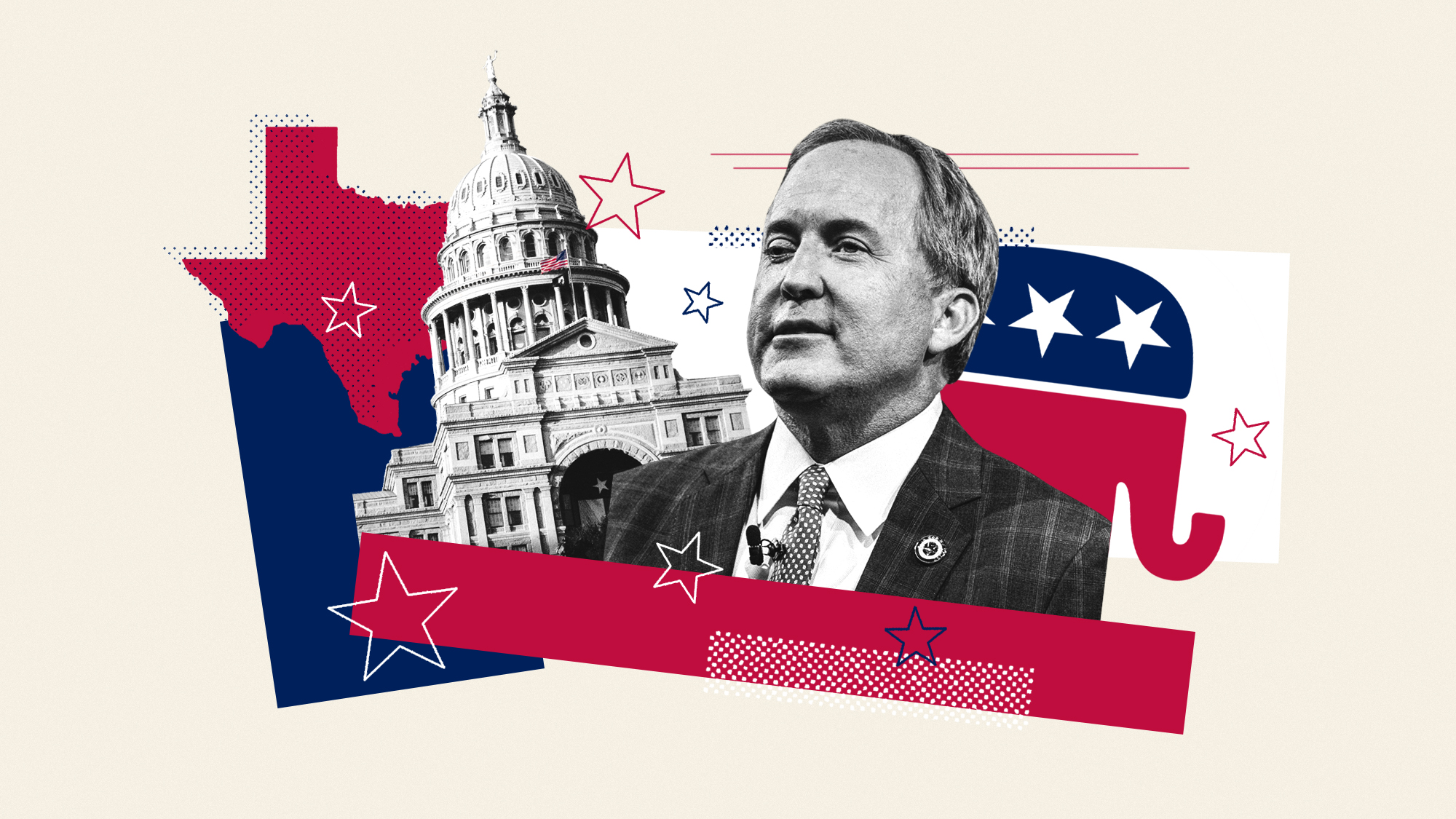
- Select a language for the TTS:
- UK English Female
- UK English Male
- US English Female
- US English Male
- Australian Female
- Australian Male
- Language selected: (auto detect) - EN
Play all audios:
Matt Cardy | Getty Images The dollar rose to its highest level in five days, just below a two-month peak on Wednesday as data on U.S. private sector payrolls rose more than expected for
February, increasing investor expectations of an increase to interest rates by the Federal Reserve later this month. U.S. private employers added 298,000 jobs last month, well above the gain
of 190,000 predicted by economists surveyed by Reuters. That pushed the dollar to its highest level since March 3 against a basket of currency rivals. The euro also fell to a five-day low
after the payrolls data and ahead of a meeting of the European Central Bank Thursday that market participants expect will see policy kept loose despite rising inflationary pressures. While
the dollar rose after the data's release, the gains were minimal, given it has already rallied by around 2.5 percent against a basket of major currencies over the past five weeks.
"The market certainly got ahead of itself before the (Federal Open Market Committee meeting) next week," said Dean Popplewell, chief currency strategist at Oanda in Toronto.
Investors have now priced in a chance of around 90 percent of a U.S. interest rate hike this month, up from around a 30 percent chance early last week, according to CME Group's FedWatch
tool. Hawkish comments from U.S. Federal Reserve officials last week have investors betting that a rate hike next week is essentially a done deal. The dollar index was last up 0.28 percent
at 102.09. The dollar rose 0.7 percent against the to 114.74 yen, its highest since March 3, hovering just below a nearly one-month high. It was last up 0.34 percent at 114.37 yen. There is
little expectation that ECB President Mario Draghi will announce changes to the bank's monetary policy at its meeting on Thursday. "Draghi's hands are relatively tied,"
Poppelwell said. "He cannot be too aggressive or hawkish, despite inflation ticking up towards their desired levels, hence why the euro is basically trading in a tight range."
However, a Reuters poll last week found economists expect the European central bank could signal a policy shift toward the end of this year or early next year. "We're expecting
them to change their assessment around the risks at the moment they have them to the downside, but we have an out-of-consensus call that they're likely to say either that downside risks
have diminished or become more balanced," said BNP Paribas currency strategist Sam Lynton-Brown.








